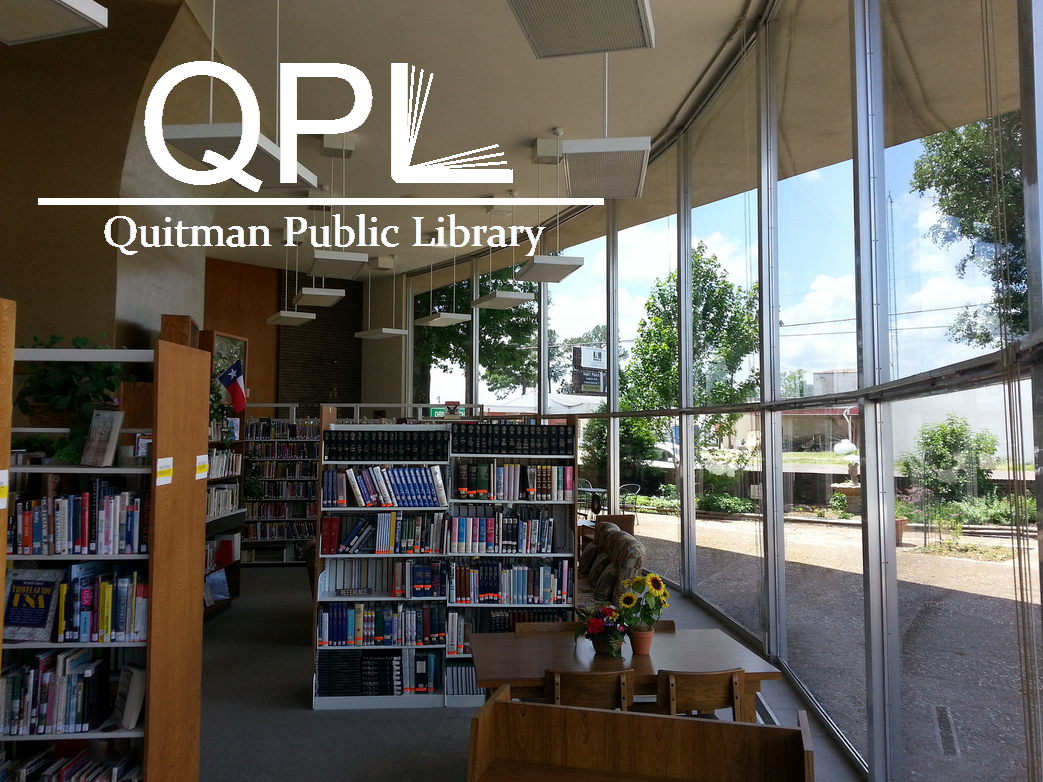
Image via Pexels
Guidelines for a Safer Community: How to Maintain Your
Neighborhood's Safety
The best way to keep a neighborhood safe is for
everyone to communicate and share the responsibility. Whether you live in a
busy city or a quiet suburb, there are steps you can take to do your part and
ensure that your community is secure. From getting to know your neighbors to
reporting suspicious activity, here are some tips and tricks from Quitman
Public Library for keeping your neighborhood safe.
Brainstorm with Your Neighbors
If you want to improve your neighborhood's
safety, start by asking your neighbors for their input. Everyone has different
experiences and perspectives, so it's important to gather a range of ideas. Consider creating a survey to keep responses
organized and to distribute them as needed. Some possible questions to ask
include:
● What safety concerns do you have in our neighborhood?
●
Have you witnessed any
suspicious activity recently?
●
What steps do you think we should
take to improve safety in our community?
By getting feedback from your neighbors, you
can work together to develop a more comprehensive plan for addressing any
concerns and making your neighborhood a safer place to live.
Police Reporting
If you see something suspicious in your
neighborhood, don't hesitate to report it to the police! Even if it turns out
to be nothing, it's better to err on the side of caution. Make note of the
location, time, and any details you can remember about the suspicious activity.
This can help law enforcement investigate further if necessary.
Well-Lit Parking Areas
Parking your car in a well-lit area is an easy
way to deter theft and vandalism. Criminals are more likely to target cars that
are parked in dark, secluded areas where they can work undetected. By parking
your car under a street light or in a well-lit parking lot, you make it less
appealing to thieves.
Get In Touch with Your HOA
If you live in a shared housing complex with a homeowners association (HOA), contact
it if any repairs, grounds maintenance, or security issues need to be attended
to. HOAs have the power to address these issues and often work with local law
enforcement to keep the community safe. By staying involved with your HOA, you
can help ensure that your neighborhood is properly maintained and protected.
Eliminate Hiding Spots
Overgrown plants and foliage near windows and
doors can provide hiding spots for criminals, making it easier for them to
approach your home undetected. To prevent this, it's important to regularly trim back any bushes, trees, or
other greenery that might provide cover. This helps eliminate potential hiding
spots and makes it more difficult for criminals to carry out their plans.
Lock All Windows and Doors
One of the best ways to improve your home's
security is to simply keep your doors and windows locked. This may seem
obvious, but many burglars gain entry through unlocked doors and windows. Make
sure to lock up before leaving your home or going to bed, and consider installing deadbolts or other
heavy-duty locks for added security.
Build Bonds with Your Neighbors
The more you know your neighbors, the more
likely you are to look out for one another. Make an effort to introduce yourself to new neighbors and attend
community events. Consider organizing a neighborhood watch program to keep an
eye out for suspicious activity. By working together, you can help keep your
neighborhood safe.
Ensuring
the safety of your neighborhood is not a task that can be done alone. It
requires the collective effort of every resident in the community. Simple
actions such as seeking ideas from neighbors on community safety, reporting
suspicious activities to the police, and parking cars in well-lit areas can go
a long way in making your neighborhood a safer place to call home.
Quitman
Public Library is here to serve our community. Scroll down
to find our comment form.
